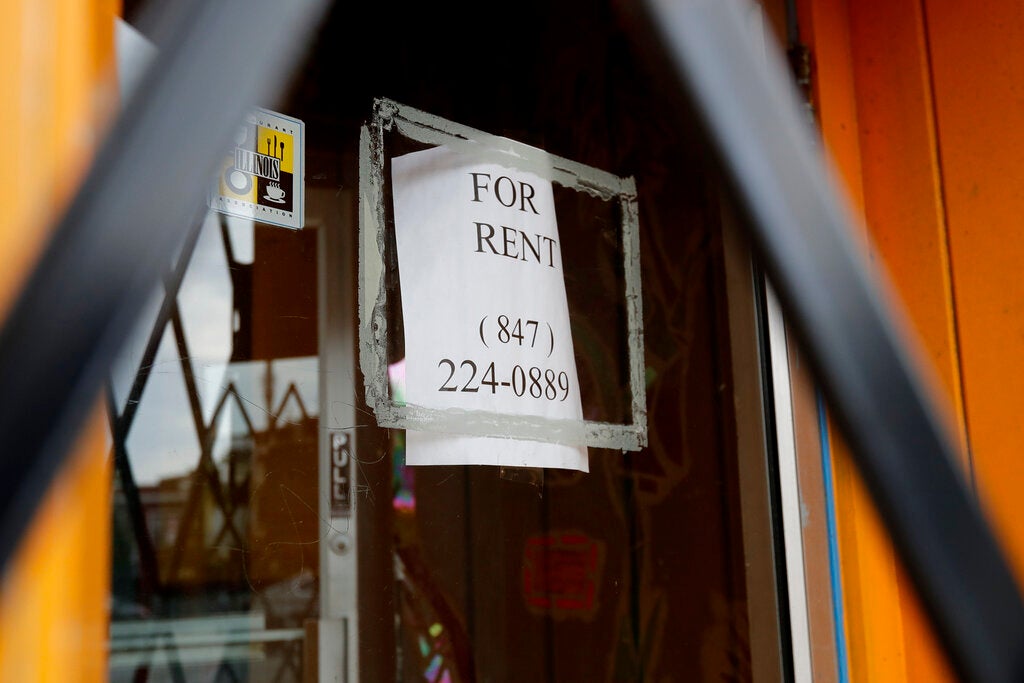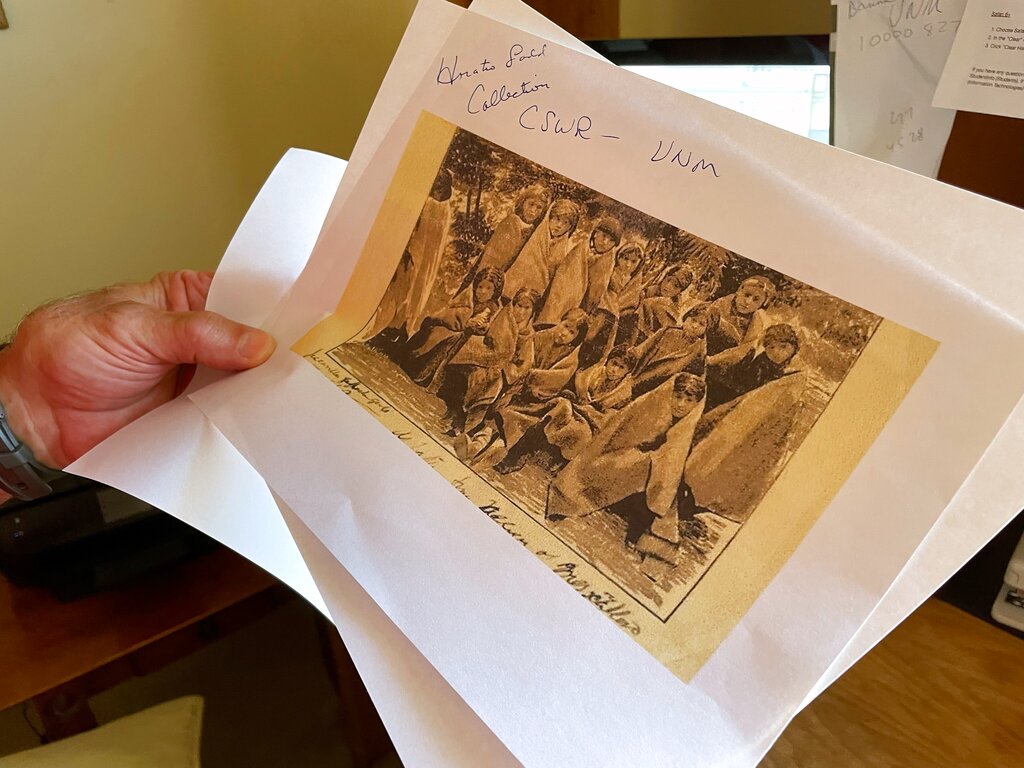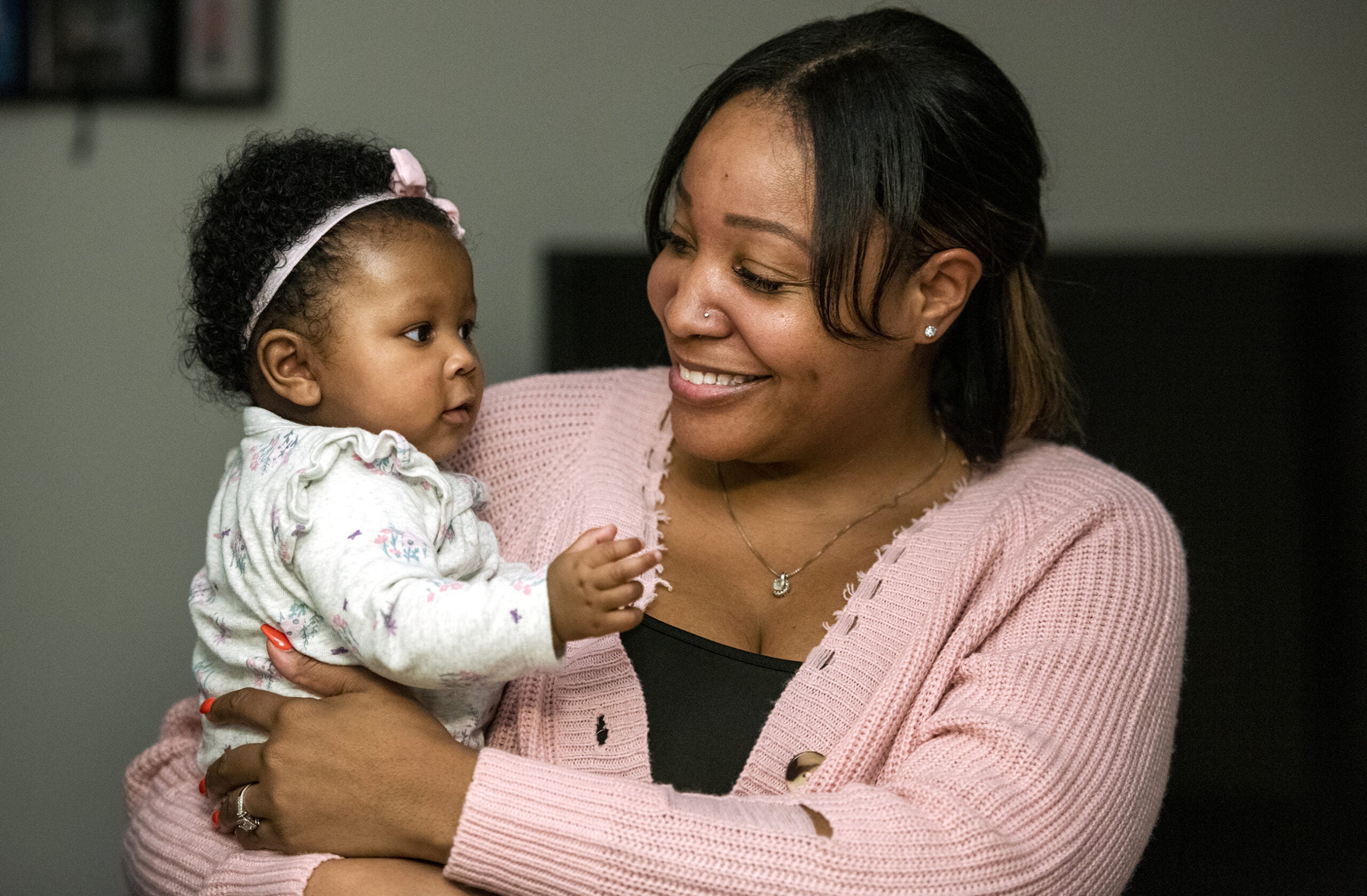After netting a Pulitzer Prize in general nonfiction for writing a book about evictions in Milwaukee, Princeton University sociologist Matthew Desmond sought to tackle a broader lens: Why is there so much poverty in a nation as wealthy as the United States?
In his new book releasesd this year, “Poverty, by America,” the University of Wisconsin-Madison alum argues one underlying reason for poverty is that many Americans benefit from it.
“Many of us consume the cheap goods and services the working poor produce. Many of us are invested in the stock market,” Desmond said. “Many of us get tax breaks from the government and we don’t see those as welfare. But, you know, (tax breaks) cost the government money and they put money in our pocket.”
News with a little more humanity
WPR’s “Wisconsin Today” newsletter keeps you connected to the state you love without feeling overwhelmed. No paywall. No agenda. No corporate filter.
Desmond recently appeared on Wisconsin Public Radio’s “The Morning Show” to discuss his new book and abolishing poverty.
The following has been edited for brevity and clarity.
Kate Archer Kent: What are you hoping to help people understand about poverty in America?
Matthew Desmond: That we don’t have to live with it. I think the biggest myth about poverty in America is that it’s inevitable, that we just have to deal with this situation today. The situation is very bad. Thirty-eight million of us can’t afford basic necessities. If the poor in America founded a country, that country would be bigger than Australia. It’d be bigger than Venezuela.
This is a problem that we’ve created, and this is a problem that we can finally abolish. I think that’s the fundamental message of this book. We can and should abolish poverty in this land of abundance.
KAK: How is poverty experienced differently, or the same, in Wisconsin versus elsewhere in the country?
MD: It is not just a lack of income, but it’s this exhausting piling on of problems. It’s tooth rot, on top of having to tell your kids they can’t have seconds, on top of the nauseating fear of eviction, homelessness, pain, physical pain and death coming early and often. It’s not a line. It’s this tight knot of social problems, and I think that should spur us to real moral action.
KAK: You say merely placing money in people’s wallets falls short of addressing poverty. Why would poverty continue even after strategies like expanded tax credits or boosting the minimum wage?
MD: Because we have to wrap those incentives around programs that address the unrelenting exploitation of the poor. If you look at studies on the minimum wage, when minimum wages are increased in cities, renters have an easier time paying the rent for a little while, and then the rich slowly catch up to that wage bump, diluting the benefit.
We saw this in COVID, right? We saw workers actually get a raise. There was “wage inflation,” economists call it. For the first time in a long time, a lot of poorly paid workers actually got money in their pocket. But then what happened? Well, rents went up 11 percent nationwide. That was the highest increase on record.
If we don’t also address the ways that the poor are forced to pay more, then I think any incentives to just increase the floor are going to be deluded at best and canceled out at worst.
KAK: The biggest beneficiaries of federal aid are affluent families, you say. But middle- and upper-class families are also dependent on government programs. How so?
MD: Yeah, we have to face that fact. In 2020, the nation spent $53 billion a year on direct housing assistance to the needy. This is things like public housing and a housing voucher that reduces a family’s rent. But that same year, we spent $193 billion on homeowner tax subsidies — things like the mortgage interest deduction. Most of that subsidy flowed to families with six-figure incomes.
We have to face the fact that a 15-story public housing complex and a mortgage suburban home in Washington are both government subsidized, but just one looks and feels that way.
KAK: You’ve mentioned being a poverty abolitionist. What changes could people make to become one?
MD: I love this question. I’m going to give you five concrete things.
One, you can start where you are. Everyone has a little bit of power wherever they are. We can ask in our faith community and (in) our jobs and in our school boards, what are we doing to divest from poverty here?
The second thing we can do: we can shop differently and we can invest differently. We can have solidarity with the poor in where we spend our money.
Third, we can talk about taxes differently. We can really start to question how we are connected to the government’s largesse, and maybe we start a letter campaign asking for some of these tax breaks to be wound down if we don’t need them.
Fourth, let’s go to the zoning board meeting. Let’s stand up and do our part to really break down the walls of segregation.
No. 5, we can join an anti-poverty movement. There are so many wonderful ones around the country. If you’re looking to connect, I’ve got a website (endpovertyusa.org). You can find amazing anti-poverty groups in Wisconsin and around the country putting in the work to fight for a better, freer, safer country.
Wisconsin Public Radio, © Copyright 2026, Board of Regents of the University of Wisconsin System and Wisconsin Educational Communications Board.




